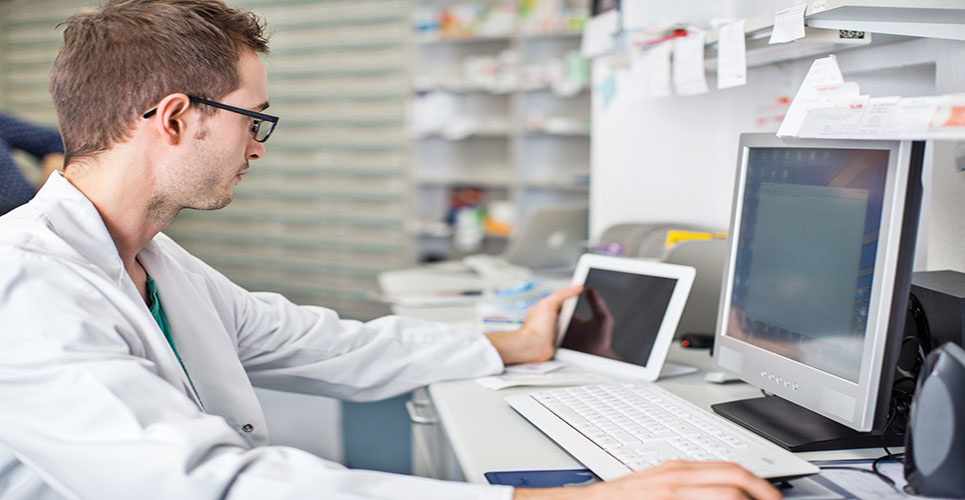mHealth applications linked to the use of medicines must have levels of regulatory oversight, ideally involving pharmacist expertise, in order to ensure their safety.
This is the stance taken by the European Commission (EC), which has been backed by the European Association of Hospital Pharmacists (EAHP).
mHealth applications linked to the use of medicines must have levels of regulatory oversight, ideally involving pharmacist expertise, in order to ensure their safety.
This is the stance taken by the European Commission (EC), which has been backed by the European Association of Hospital Pharmacists (EAHP).
The EC launched a consultation on mHealth in April 2014, asking healthcare professionals and patients for input on the health-related applications of smartphone technology. One of EAHP’s main points was that the introduction of new technologies in the hospital setting has been an ever-present reality.
Lessons learned include the need to understand the potential positive applications of a new technology at an early stage, and for Governments and health system managers to take a leadership role in achieving their realisation. This lesson, for example, is evident in the difficulties experienced in achieving bedside scanning as a patient safety measure within hospital systems – as medicines still do not typically contain a bar code to the single unit.
Another important point of the EAHP’s response was to underline safety needs when applying mHealth to any process involving medicines.
Dr Roberto Frontini, President of the European Association of Hospital Pharmacists, said: “The implications of a badly designed mHealth application related to medicines use is frightening. All medicines can potentially cause harm if not taken properly. Therefore, when it comes to mHealth apps and medicines, a level of regulatory oversight is required. We recommend pharmacists be involved in both development and testing of such applications. Indeed, the need for such pharmacist involvement in ICT processes involving medicines was a strong component of the recently published European Statements of Hospital Pharmacy, agreed with patient organisations and other healthcare professionals.
Beyond this, we urge the European Commission to learn lessons of experience. Technology can offer so much. However, without both vision to see potential positive applications, and subsequent coordination, too often the benefits are not realised. We see this, for example, with our ongoing campaign to achieve bedside scanning of medicines in hospitals. Barriers and obstacles have to be identified and lifted. There is an important coordinating role for the Commission in this regard.
Finally, we urge the Commission not to think about mHealth as only having cost-saving benefits. Improved patient safety and patient outcomes must be considered as just as important, if not more so.”
The consultation remains open until the end of Friday 10th July. The response of the European Association of Hospital Pharmacists is available here.

